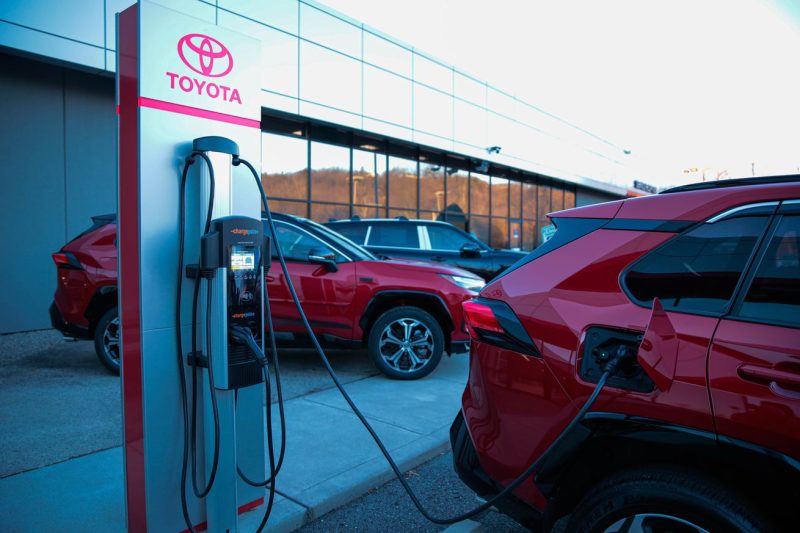The recent decision by the U.S. government to relax pollution-limiting rules for vehicle emissions has stirred a significant amount of controversy and raised concerns about its potential impact on the environment and public health. This move comes as part of the Trump administration’s efforts to roll back regulations implemented by the Obama administration aimed at reducing greenhouse gas emissions and promoting cleaner air.
The Environmental Protection Agency (EPA) and the National Highway Traffic Safety Administration (NHTSA) jointly announced the new rules, which effectively revoke the previous strict standards set in place for vehicle emissions. Under the updated regulations, automakers will now have more flexibility in meeting fuel efficiency standards and emissions targets, allowing them to produce vehicles that are less environmentally friendly.
Critics argue that this decision is a step backward in the fight against climate change and will result in increased air pollution, posing risks to public health. The transportation sector is a significant contributor to greenhouse gas emissions, and weakening emissions standards could hinder progress in reducing the environmental impact of cars and trucks on the planet.
Furthermore, relaxing pollution limits for vehicle emissions may also have economic consequences. For one, it could undermine the competitiveness of electric vehicles (EVs) and other clean technologies in the market, as automakers may prioritize producing more polluting vehicles to cut costs and meet less stringent regulations. This could slow down the transition to cleaner transportation options and impede the growth of the green economy.
On the flip side, proponents of the new rules argue that they will provide much-needed relief to automakers, especially in light of the economic challenges posed by the COVID-19 pandemic. They contend that easing regulatory burdens on manufacturers will create a more business-friendly environment and stimulate growth in the automotive sector.
However, it is essential to consider the long-term implications of prioritizing short-term economic gains over environmental protection and public health. Climate change remains a critical issue that requires urgent action, and rolling back emissions standards is not conducive to achieving sustainability goals.
In conclusion, the decision to relax pollution-limiting rules for vehicle emissions is a contentious issue that highlights the ongoing debate between economic interests and environmental concerns. While supporters argue that it will benefit the automotive industry, critics warn of the detrimental effects on the environment and public health. Moving forward, it is crucial for policymakers to strike a balance between promoting economic growth and safeguarding the planet for future generations. Only by prioritizing sustainability and innovation can we hope to address the pressing challenges posed by climate change and pollution.

